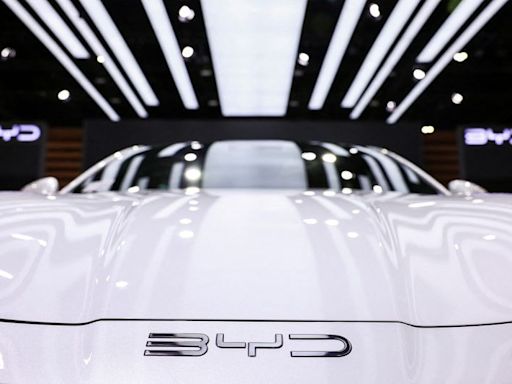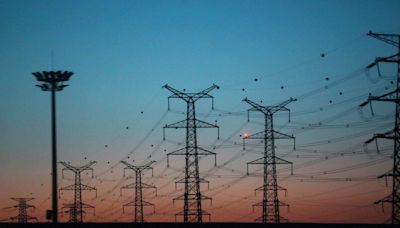Search results
An electric battery is a source of electric power consisting of one or more electrochemical cells with external connections for powering electrical devices. When a battery is supplying power, its positive terminal is the cathode and its negative terminal is the anode.
Batteries offer a way to store electrical potential energy in a portable container. Batteries come in a variety of shapes, sizes, and chemistries. The invention of the modern battery is often attributed to Alessandro Volta. It actually started with a surprising accident involving the dissection of a frog.
Feb 13, 2024 · Whatever chemical reactions take place, the general principle of electrons going around the outer circuit, and ions reacting with the electrolyte (moving into it or out of it), applies to all batteries. As a battery generates power, the chemicals inside it are gradually converted into different chemicals.
Jun 12, 2024 · Battery, in electricity and electrochemistry, any of a class of devices that convert chemical energy directly into electrical energy. Although the term battery, in strict usage, designates an assembly of two or more galvanic cells capable of such energy conversion, it is commonly applied to a.
A lithium-ion or Li-ion battery is a type of rechargeable battery that uses the reversible intercalation of Li + ions into electronically conducting solids to store energy.
May 1, 2012 · “A battery is a device that is able to store electrical energy in the form of chemical energy, and convert that energy into electricity,” says Antoine Allanore, a postdoctoral associate at MIT’s Department of Materials Science and Engineering.
Feb 24, 2012 · Battery Working Principle Definition: A battery works by converting chemical energy into electrical energy through the oxidation and reduction reactions of an electrolyte with metals.
Feb 25, 2016 · A battery is a device that stores chemical energy, and converts it to electricity. This is known as electrochemistry and the system that underpins a battery is called an electrochemical cell. A battery can be made up of one or several (like in Volta's original pile) electrochemical cells.
Nov 8, 2022 · Batteries have become a significant source of energy over the past decade. Moreover, batteries are available in different types and sizes as per their applications. So we will discuss different types of batteries and their uses, so let’s get started. Read Also: Different Types of Fasteners and Their Uses & Examples.
A battery is a device that stores energy and then discharges it by converting chemical energy into electricity. Typical batteries most often produce electricity by chemical means through the use of one or more electrochemical cells. [2]






